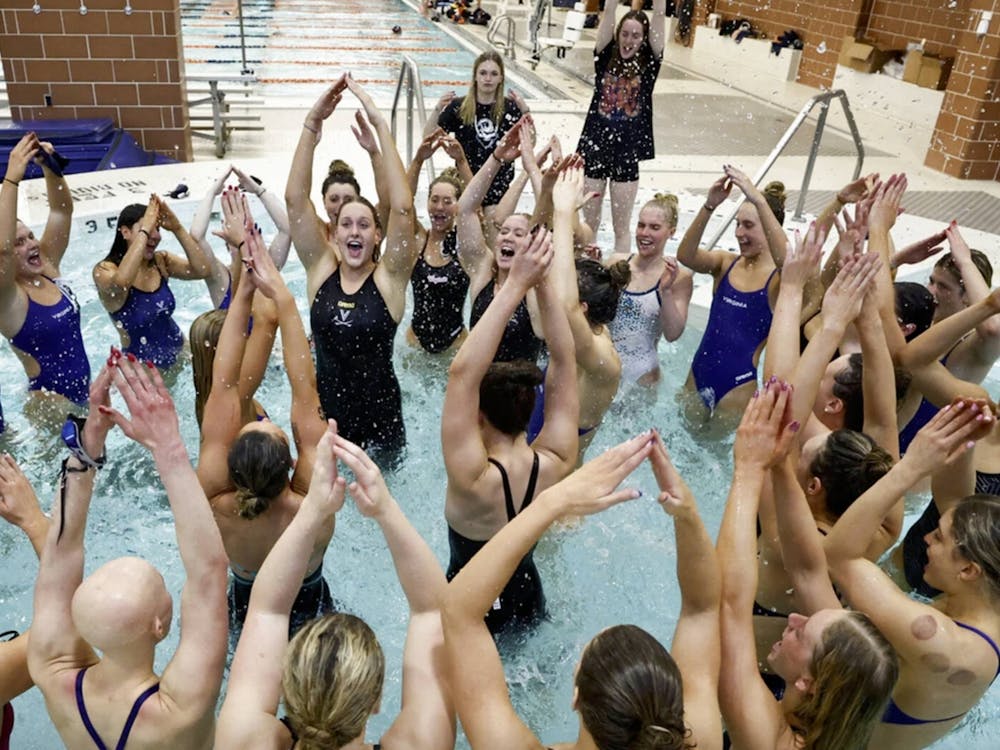A day after the NCAA Committee of Infractions declared the Virginia men's basketball program guilty of secondary violations, Cavalier Athletic Director Terry Holland said the NCAA's findings and subsequent penalty are justified.
"You never know what to expect," Holland said. "But we think it's fair. The NCAA was firm, but it was fair. It has bent over backwards to not only the University of Virginia, but to prospective student athletes."
Holland's comments follow a decision by the NCAA to strip the men's basketball program of one scholarship in 2000-2001 and trim the number of official recruiting visits from 12 to nine this season.
According to an NCAA press release issued Tuesday, the violations involve the renting of an apartment to a prospective student athlete by "a representative of the university's athletics interests" early in 1996. A further violation, involving the same student, includes the providing of "legal expenses, impermissible transportation, lodging, meals, spending money and other benefits totaling approximately $14,000."
"Some of these things the landlord [of the apartment] did were normal things he did with any normal student," Holland said. "He thought that his treatment of prospective athletes did not have to be separated from the student body. But that's not true in the case of a prospect -- there's a different set of rules and guidelines."
In a letter from NCAA Enforcement Rep. Christopher Strobel to Holland, the NCAA's description of the prospective student-athlete "charged with a felony crime on March 6," 1996 matches that of Melvin Whitaker, a basketball recruit of former Cavalier coach Jeff Jones. Whitaker now is playing basketball at Mount St. Mary's College in Maryland.
Jones, now an assistant coach at Rhode Island, did not return repeated phone calls.
In addition to the NCAA's investigation, the University conducted its own inquiry in 1998 and reported to the NCAA two further violations, "improper contacts between a booster and four prospective student-athletes and the improper loan to three prospective athletic clothes ... that they were not required to return."
Although Holland and the athletic department accept full responsibility for the infractions, they do not sense a problem with in-house control of the program.
"These things happen so irregularly that they're only helpful in making us vigilant," Holland said. "This case is highly unusual."
The NCAA also is requiring Virginia to issue letters of admonishment to the University representatives involved in the secondary violations.
"It's a blip -- hopefully it's not a serious blip," Holland said. "How we deal with this and handle it will determine that. They hurt. More than anything, it hurts that we didn't do our job"




